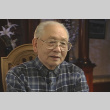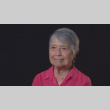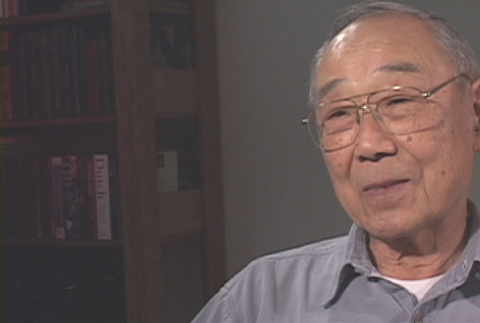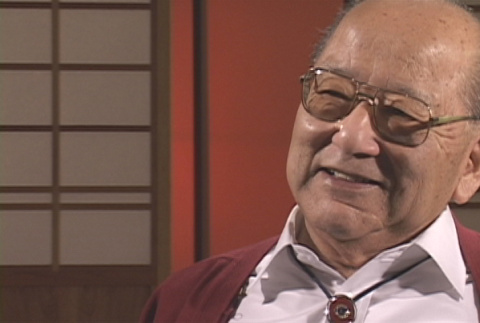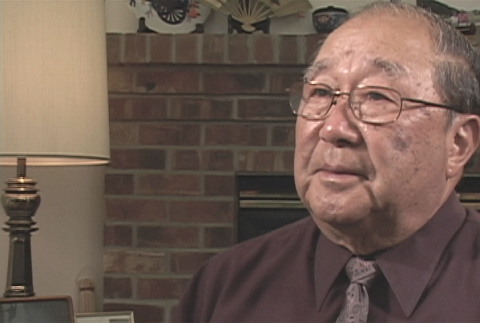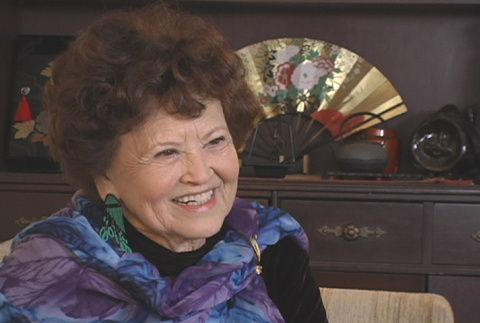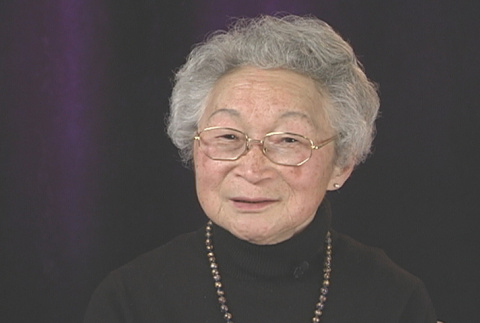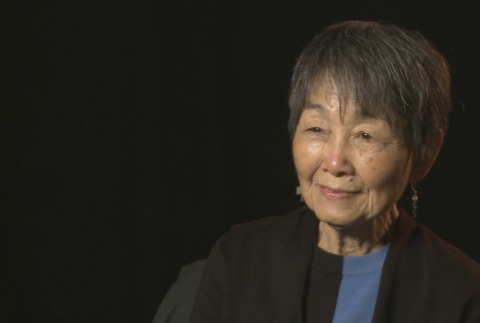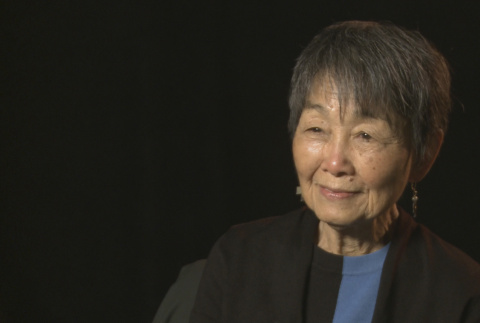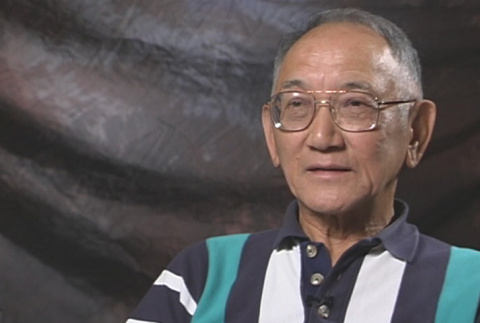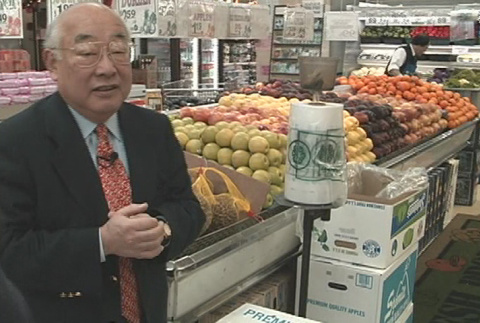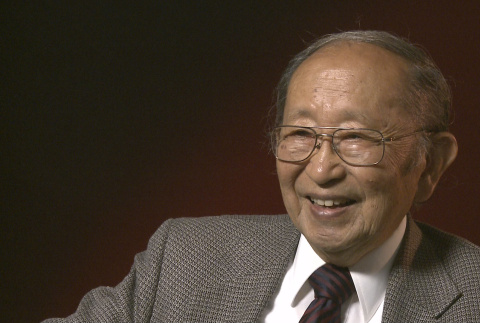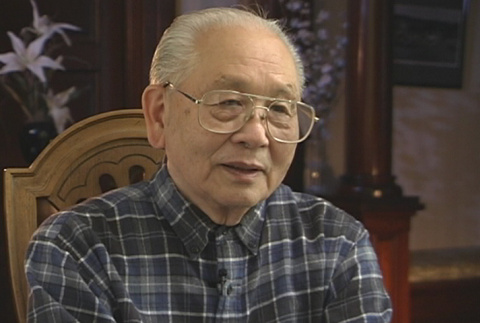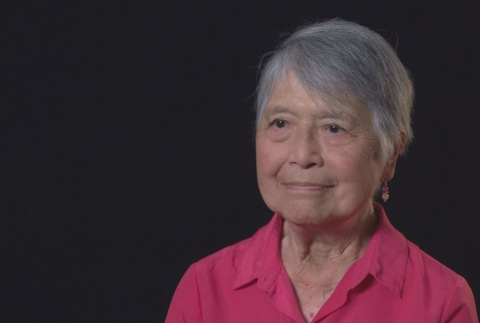Small business
Japanese American businesses, such as groceries, fish shops, laundries, barbershops, public bathhouses, restaurants, drugstores, and dry goods stores, sprang up in communities along the West Coast. Women and children were vitally important to these "mom and pop" enterprises, as their free labor allowed the family to survive and even prosper during lean times.
Industry and employment
(482)
Small business
(400)
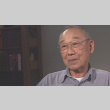
This material is based upon work assisted by a grant from the Department of the Interior, National Park Service. Any opinions, finding, and conclusions or recommendations expressed in this material are those of the author(s) and do not necessarily reflect the views of the Department of the Interior.
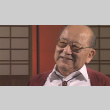
This material is based upon work assisted by a grant from the Department of the Interior, National Park Service. Any opinions, finding, and conclusions or recommendations expressed in this material are those of the author(s) and do not necessarily reflect the views of the Department of the Interior.
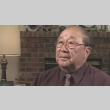
This material is based upon work assisted by a grant from the Department of the Interior, National Park Service. Any opinions, finding, and conclusions or recommendations expressed in this material are those of the author(s) and do not necessarily reflect the views of the Department of the Interior.
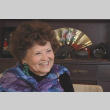
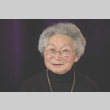
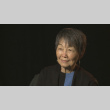
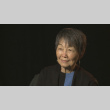
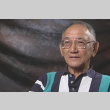
Due to technical difficulties, this interview has audio problems in its second half.
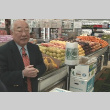
Filmed on location.

Filmed on location.

Filmed on location.

Filmed on location.

Filmed on location.

Filmed on location.

Filmed on location.

Filmed on location.

Filmed on location.
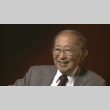
This material is based upon work assisted by a grant from the Department of the Interior, National Park Service. Any opinions, finding, and conclusions or recommendations expressed in this material are those of the author(s) and do not necessarily reflect the views of the Department of the …
